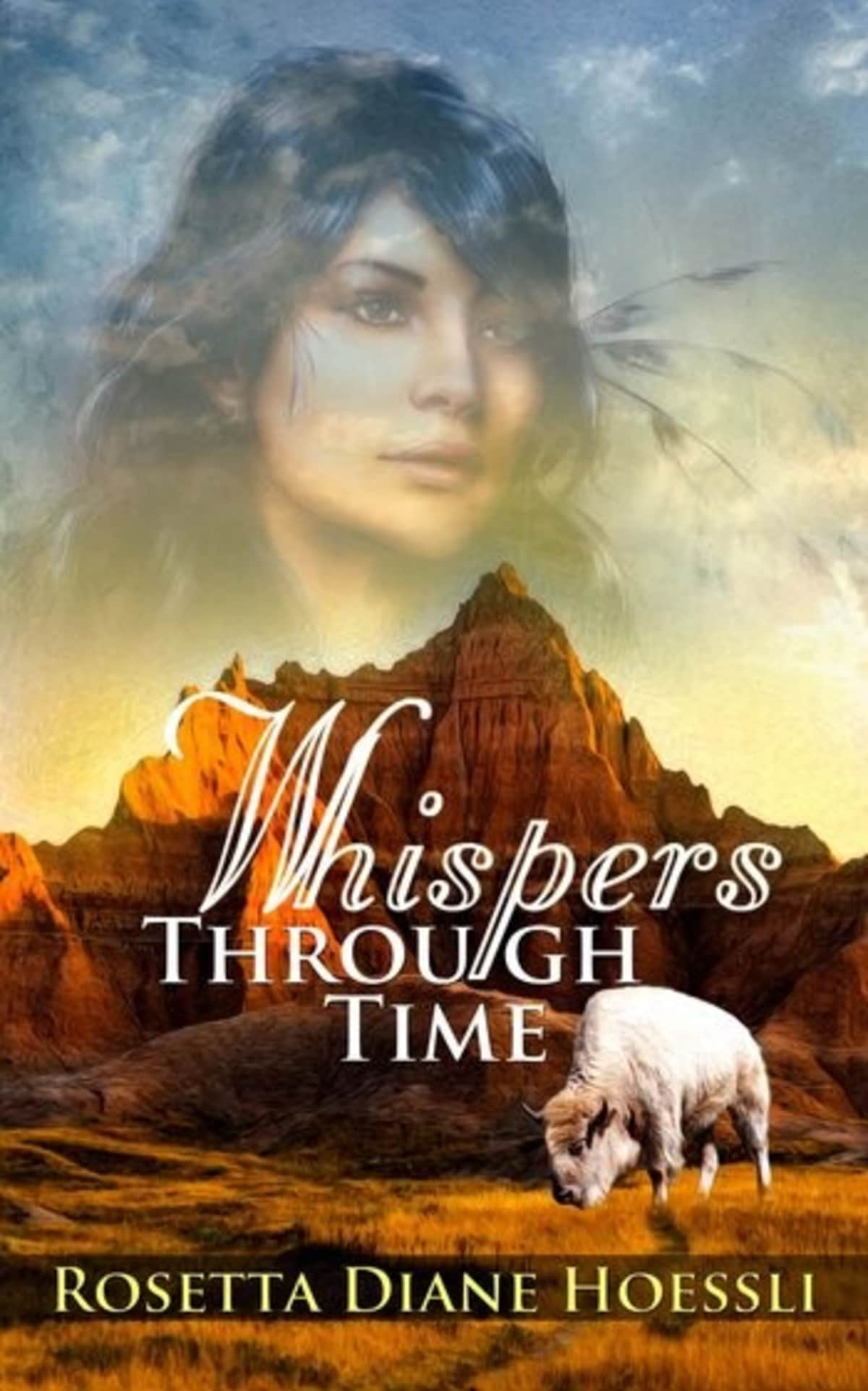
I just received a terrific review from Literary Titan for my novel, WHISPERS THROUGH TIME, and I’d like to share a tiny portion of it with you:
“What struck me most was the emotional honesty in Hoessli’s writing. Her prose is straightforward and often stark, but that works in her favor. There’s just raw, heartfelt truth. Sierra’s breakdowns, her self-doubt, her fury, and her quiet moments of awe are painted vividly.”
This reviewer’s words actually move me more than I can say because there’s nothing more important than sharing ‘emotional honesty’ with readers. And yet, there’s nothing more difficult, either.
I realized this years ago, when my first agent told me I hadn’t had enough life experience to write a particular story, but I had no idea (until I read this review) whether I’d ever been successful at communicating what a character felt ‘from the gut.’
Finally, today, I asked a friend about it: What was his definition of ‘emotional honesty’? And this is what he told me:
“It’s when an author tells the messy, raw truth of how things feel, not just how they look on the surface. It’s the moment when you let a character break down when they need to, rage when they must, love fiercely when it would be easier not to. You don’t sanitize it or dress it up; you trust the reader to handle the truth, even when it’s painful.”
I don’t think I’ve ever read a better description of my #1 goal for every story I’ve ever written. It’s why I can’t write formulaic romances, or, for that matter, any other kind of genre literature. I can’t put my characters in an emotional straitjacket. When I tell a story, I have to tell the truth.
Nearly all of my memories over the years have to do with feelings – not pictures, or places, or people. Just…how I felt. For example, I lived in Okinawa when I was eleven years old. My dad took my mom and me to see Suicide Cliff, which overlooks the China Sea, and that’s where many Okinawans hid in caves while the war in the Pacific was going on. They chose to starve to death, or came out of the caves only to be shot. I didn’t know anything about this, of course, but as soon as I hit the rim of that cliff, I had a sense of claustrophobia and overpowering hysteria so strong that I could hardly breathe. There was an old man poking around on the top of that cliff and suddenly, without any warning, I knew why he was there. I knew he was looking for the place where his son had died.
Now, mind you, I was eleven years old. I didn’t know anything about World War Two, or the Pacific battle between the United States and Japan – but I knew what this old man needed. I could feel it. I knew beyond a shadow of a doubt what he was looking for. And I could feel everything he was feeling.
When I went home, I wrote this experience down in my diary – and I never forgot it. To this day, it’s one of my most vivid memories. And, it’s also one of the most important.
I’m not an empath – I don’t think. I’m empathic, but not an empath. There’s a difference. However, if I write with emotional honesty, it’s because I try to tell the truth about what each and every one of my characters are feeling, no matter how unimportant they seem to be to my story, or how difficult it is for me to write it.
I truly believe that nothing is matters more. And I’m so happy to know that I actually came close to achieving it.
*You can purchase WHISPERS THROUGH TIME at Amazon, among other reputable retail outets:
https://www.amazon.com/Whispers-Through-Rosetta-Diane-Hoessli/dp/1509238158/